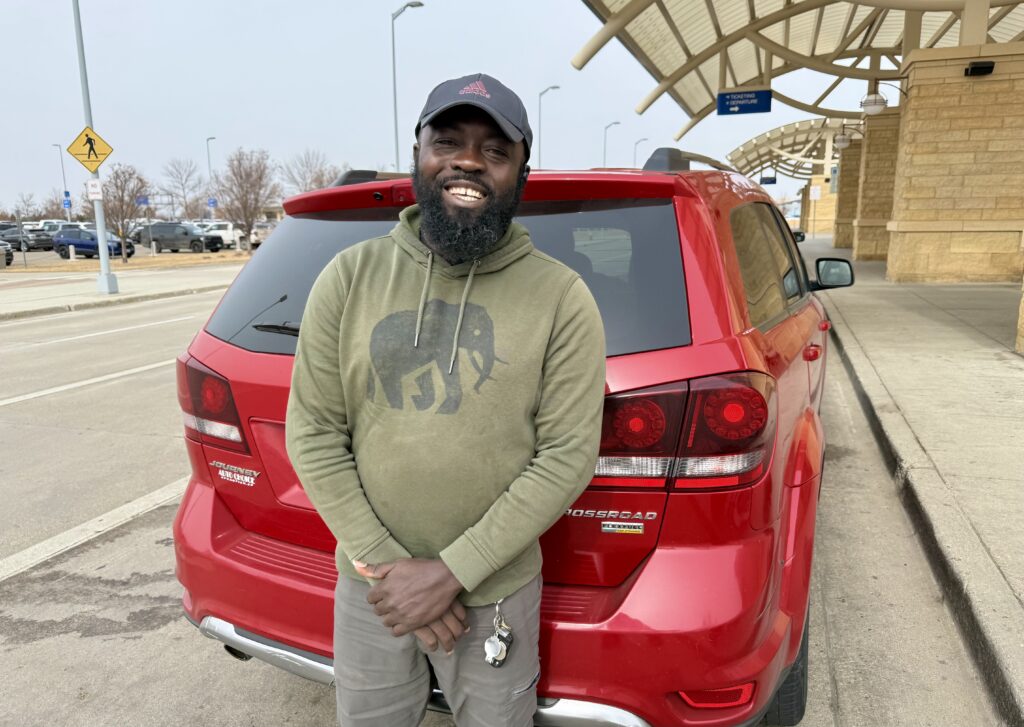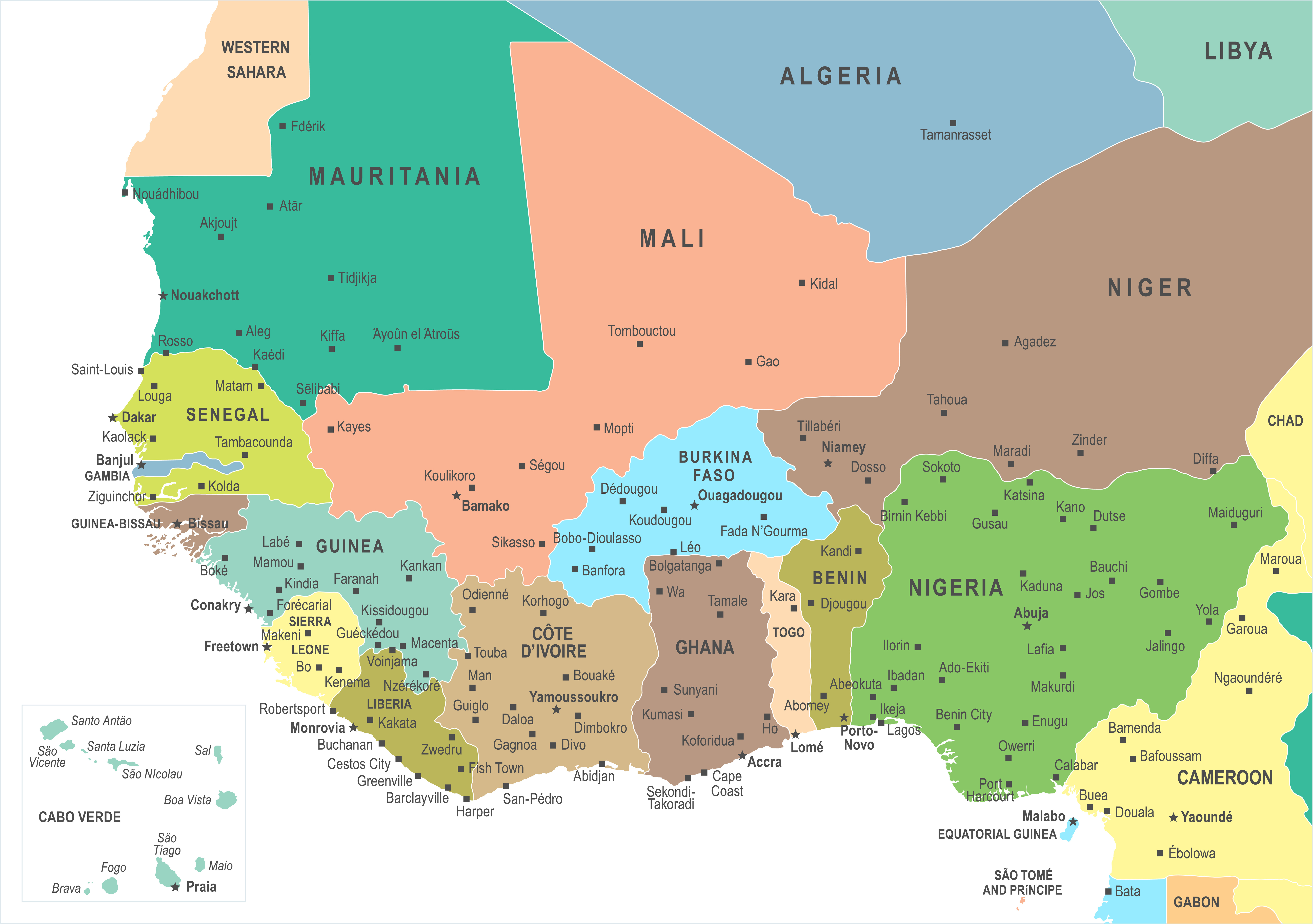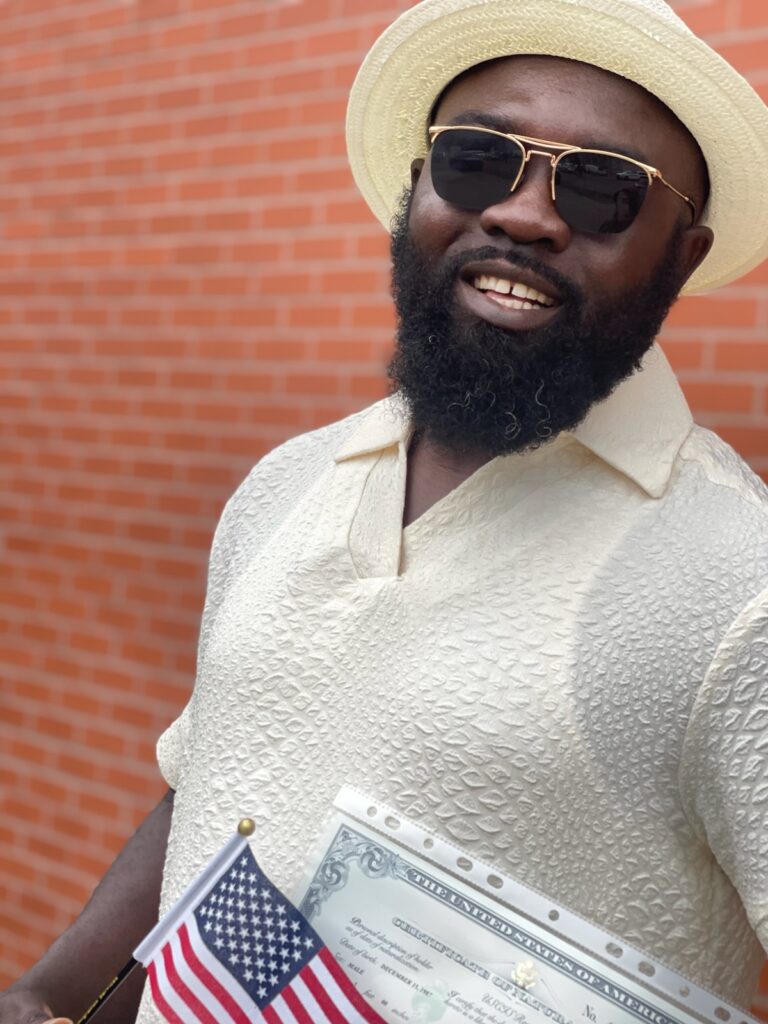On a recent Uber drive to the Bismarck airport, Clay met Isaac, a North Dakota emigre from Ghana and a proud, brand-new U.S. citizen.

Bismarck, N.D. — I ordered a reserved Uber ride to the Bismarck airport on a recent March morning. I’d be gone for almost two weeks, and I didn’t want to leave my car in the airport parking lot. Precisely on time, the driver arrived in a red hybrid car, washed outside and spotless inside. By the time I locked the house, he had stowed my two heavy bags in the trunk.
The driver, whose name was Isaac, was from Ghana, on the southwest coast of the bulge of Africa. Confession: I knew Ghana was in Africa and imagined it was on the west coast, but that’s all I knew.
I broke my usual silence as we drove to the airport and asked the driver to tell me a little about Ghana. Population 35 million. The official language is English, but dozens of native languages are spoken from village to village. A Christian nation: 80% Christian, 15% or so Muslim, and the rest native rites. I had to ask which European nation had formerly held colonial dominion over the people of Ghana. Britain. Thus, English, not French or Dutch, is the official language.
As we drove, a vast flock of geese looped overhead on their way north in a perfectly elongated vee. Spring has begun to come to the northern Great Plains, but don’t be fooled: there will be reversals and setbacks. It can freeze any month in North Dakota, though it seldom does from July 1st to October 1st. No Memorial Day picnic in North Dakota is safe from cancellation in the face of 28 degrees and 40 mile an hour winds. Everyone in North Dakota has special clamps to hold the plastic tablecloth on the picnic table. We regard a 10 mph wind as “dead calm.”
I wondered what kind of shock it is to move from Ghana (average temperature 80 degrees Fahrenheit) to North Dakota (43 degrees). “You get used to it,” Isaac said.
I asked what nations border Ghana? (Talk about ignorance!) He said: Togo (I don’t remember ever hearing of it), the Ivory Coast, and Burkina Faso. Ah, Burkina Faso, the former French colony named Upper Volta. I knew that. The capital of Burkina Faso is Ouagadougou (wah-ga-DOO-goo), one of the loveliest and most mellifluous of all geographic names. Economy? Agriculture, mostly cocoa, and some gold mines. Are the people there happy? Yes, he said, Ghana is regarded as one of the five happiest (and safest) places in Africa.

Living in North Dakota
I asked Isaac how long he had lived in North Dakota. Ten years. Why did he move here? Economic opportunity. OK, but why did he move here to the least glamorous state in the union, in fact, the last and least visited state in America? His sister came here during the Bakken Oil Boom. They live together now. They like it.
How often does he go back to Ghana, if ever? He said frequently because his wife and four children are there, one of whom he has not yet met.
Things were starting to get serious. When will he next see his family? He’ll travel to Ghana in May for six weeks. Is it hard to live apart across so vast a distance? Well, there is FaceTime. He sends a large percentage of his income back to Ghana to support his wife and children.
Are you trying to bring them here to the U.S.? Yes, he said, he’s filed all the paperwork. How worried are you, I asked, given the current administration’s general hostility to immigration from black African nations? Very worried. Isaac said he was well aware that President Trump has called places like Ghana “shithole” countries. “We’ll see,” he said. “All you can do is follow the process diligently.”
His English, by the way, was excellent, better than most of the Anglo taxi drivers I have encountered in my extensive American travels.
We were now about 10 minutes from the airport. Given how interesting this conversation had been, I asked carefully, “How do you like the people of North Dakota?” “They are really nice people, Christians in every way.”
OK, I said, but North Dakota is one of the least diverse places in America. When I was growing up, you rarely saw an African American except at the two Strategic Air Command air bases in Minot and Grand Forks. Thanks to the Bakken Oil Boom (2003-13), things are much better, but it is still the kind of place that the David Dukes of the world would likely relocate to if the climate were not so brutal.
So I asked, “Have you experienced any hostility, discrimination, or racism here?”
“No. None. In 10 years, not once. Never.”
“Really? Never?”
“Never.”
All I could say is wow. That was joyous, though somewhat surprising, news.
We were approaching the air terminal drop-off point. I got Isaac’s phone number so I could contact him directly when I needed a ride. He said that would be perfect.
Then he said, “Sir, I want to tell you something. Tomorrow I am driving over to Fargo (200 miles east) to go through the ceremony of becoming an American citizen. I am very happy.”
How long did it take? I asked.
He filed the paperwork in October 2024. So five months. Will this make it easier for him to bring his family to the United States? “I hope so. I’m pretty worried.”

I asked him how hard the naturalization test was. “Not bad. I studied hard. They asked me to name a long American river. I said the Missouri. They asked me the names of my senators. I have driven them around Bismarck, so I knew. They asked me some state capitals. I knew them. They asked me who the president was during World War II. I said FDR.”
He invited me to come some Sunday to his church, a new strip mall evangelical church whose pastor is Ghanian. I assured him I would stop by when I have a Sunday at home, and I certainly will. “You will be welcome there,” he said.
I asked if I could take his photograph. Of course, he said.
So here’s my question, America. Not what’s wrong with this picture but what is right with it. Here is this generous, thoughtful, hard-working American (as of tomorrow!) who left Africa behind and moved to the United States for the same reason my great-grandparents did. He loves this country. He keeps his head down and is entirely self-sufficient, sends funds back to his family overseas, pays a range of American taxes, obeys the law, contributes to the economy, and participates in the community.
You could say, of course, that, unlike millions of others, Isaac did it properly: waited in line, played by the rules, filed all the proper paperwork, showed up for the interviews, and passed the Naturalization Test, which my friend the historian Joe Ellis says the majority of Americans would have trouble passing. He plans to bring his wife and children to the United States through the approved legal process.
Yes, this is important.
But Isaac is not the kind of immigrant some political leaders want to let over the wall and through the moat. Of course, we need to control our borders, and of course, we should not automatically forgive those who enter the U.S. illegally. But why do we feel the need to demonize the brown people of the world who want to share America with us? More than 95% of all immigrants, legal or otherwise, are law-abiding people with a work ethic that should make some homegrown Americans blush. As we all know, such immigrants perform many jobs that homegrown American citizens would rather not do. And they do it for wages that most Americans would not accept.
My forebears emigrated from Prussia and Bavaria to America in the late 19th century. The first generation mainly spoke German at home and imprecise English in public. Not as fluently as my Ghanaian driver. The second generation learned English by American osmosis and stopped speaking German when the two world wars made that a thing. So far as I can tell, the only difference was that they were northern European white folks.
We’re better than this, America.
I cannot wait to go to Isaac’s church when I am back in mid-April. But if he brings a macaroni hot dish and rhubarb bars to the “basket lunch” after the service, I’ll conclude that he has overdone it a little.
